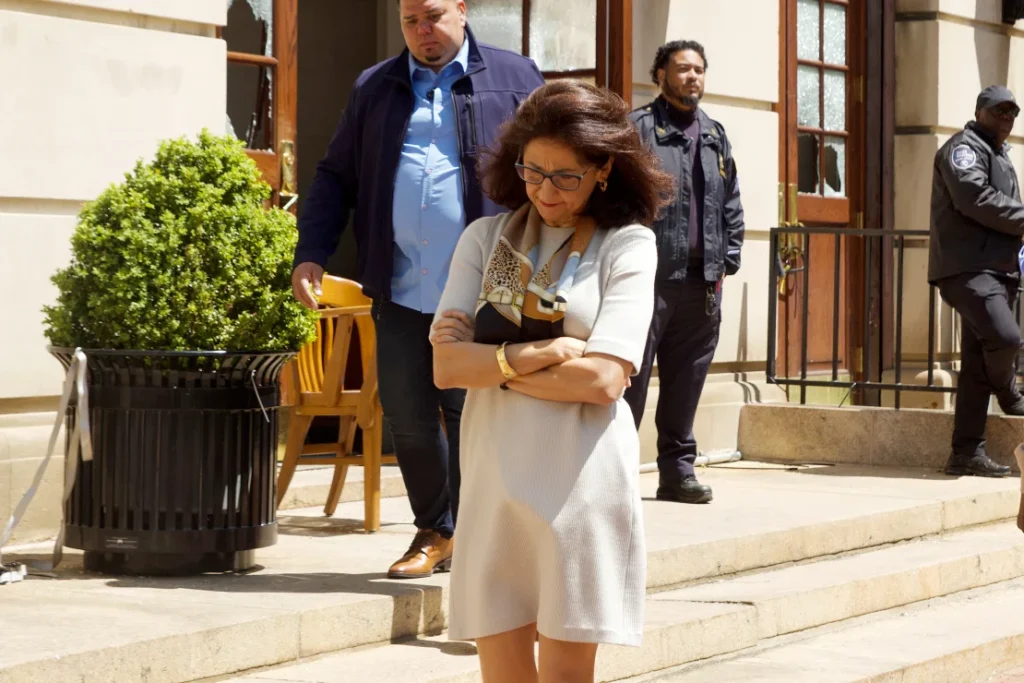By The Nexus Gazette.
15th August, 2024.
In a dramatic development, Minouche Shafik has stepped down as President of Columbia University following widespread campus protests and intense scrutiny over her handling of the Israel-Hamas conflict. Her resignation highlights the intersection of university leadership and political activism.
Minouche Shafik’s resignation as Columbia University President has come after a turbulent period marked by significant campus protests related to the Israel-Hamas war. The decision to step down follows extensive criticism from both students and faculty regarding her management of the protests and the university’s stance on the conflict.
Shafik’s tenure faced major challenges as protests erupted on campus in solidarity with Palestinians. The demonstrations, which included encampments on the Columbia campus, were met with criticism of Shafik’s response. The unrest underscored the deep divisions within the university community and the broader political climate impacting campus life.

During her presidency, Shafik made strides in several areas of university development. Despite these achievements, the growing discontent and polarized views among the Columbia community contributed to her resignation. The handling of the protests, and the pressure surrounding it, became a focal point of her leadership challenges.
The ongoing criticism and campus tension took a significant personal toll on Shafik and her family. Facing an increasingly untenable situation, Shafik concluded that resigning would be the most effective way to support the university’s future stability and her own well-being.

With Shafik’s departure, Katrina Armstrong has been appointed as interim president of Columbia University. As the university navigates this transition, the community reflects on Shafik’s impact and the implications for future leadership and campus governance.
Columbia University now faces a period of adjustment under interim leadership, with the campus community and stakeholders contemplating the effects of Shafik’s resignation. This development underscores the complex relationship between university administration and student activism in today’s political climate.
Resources:
3.https://time.com/7011180/columbia-president-minouche-shafik-resigns-campus-protests/